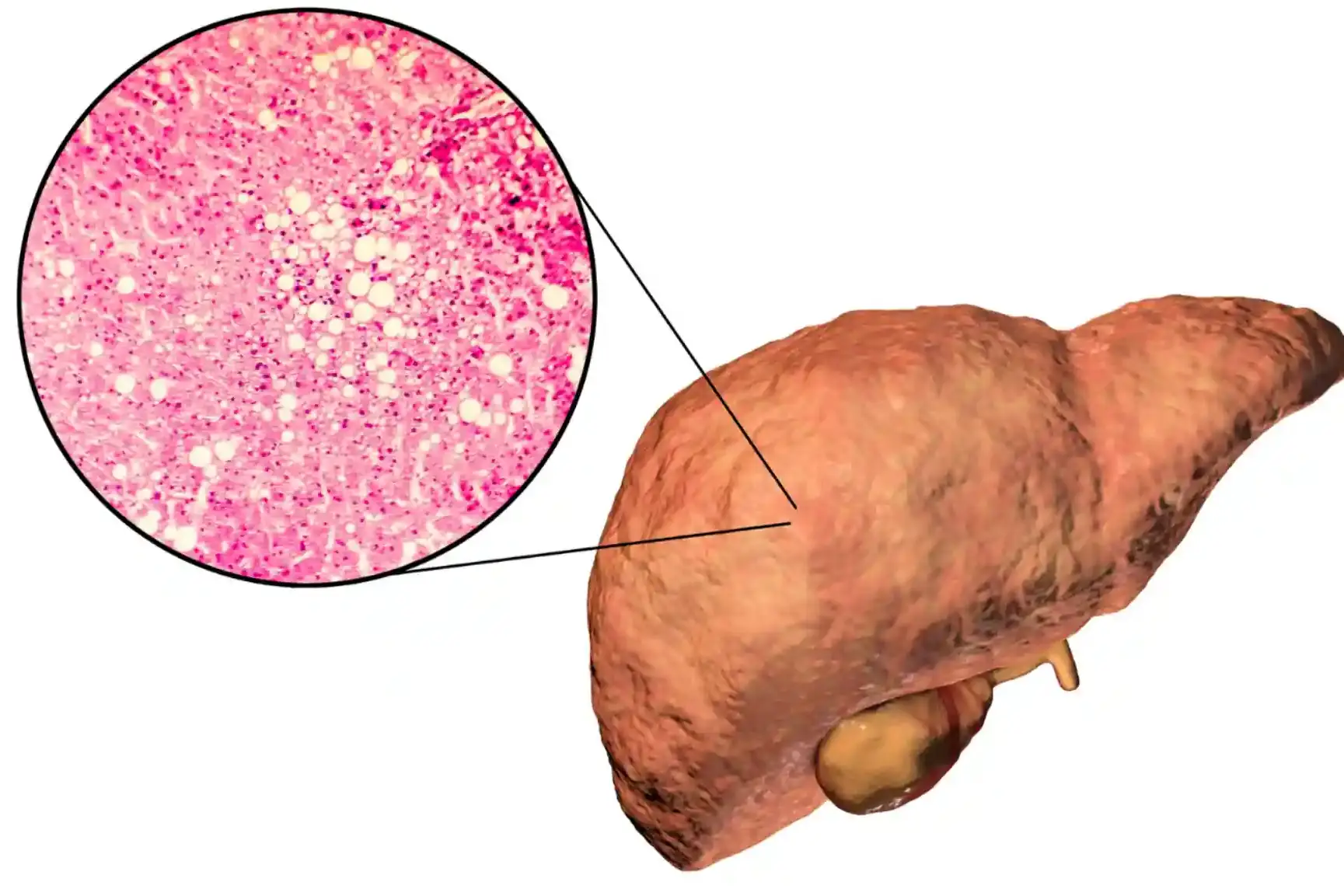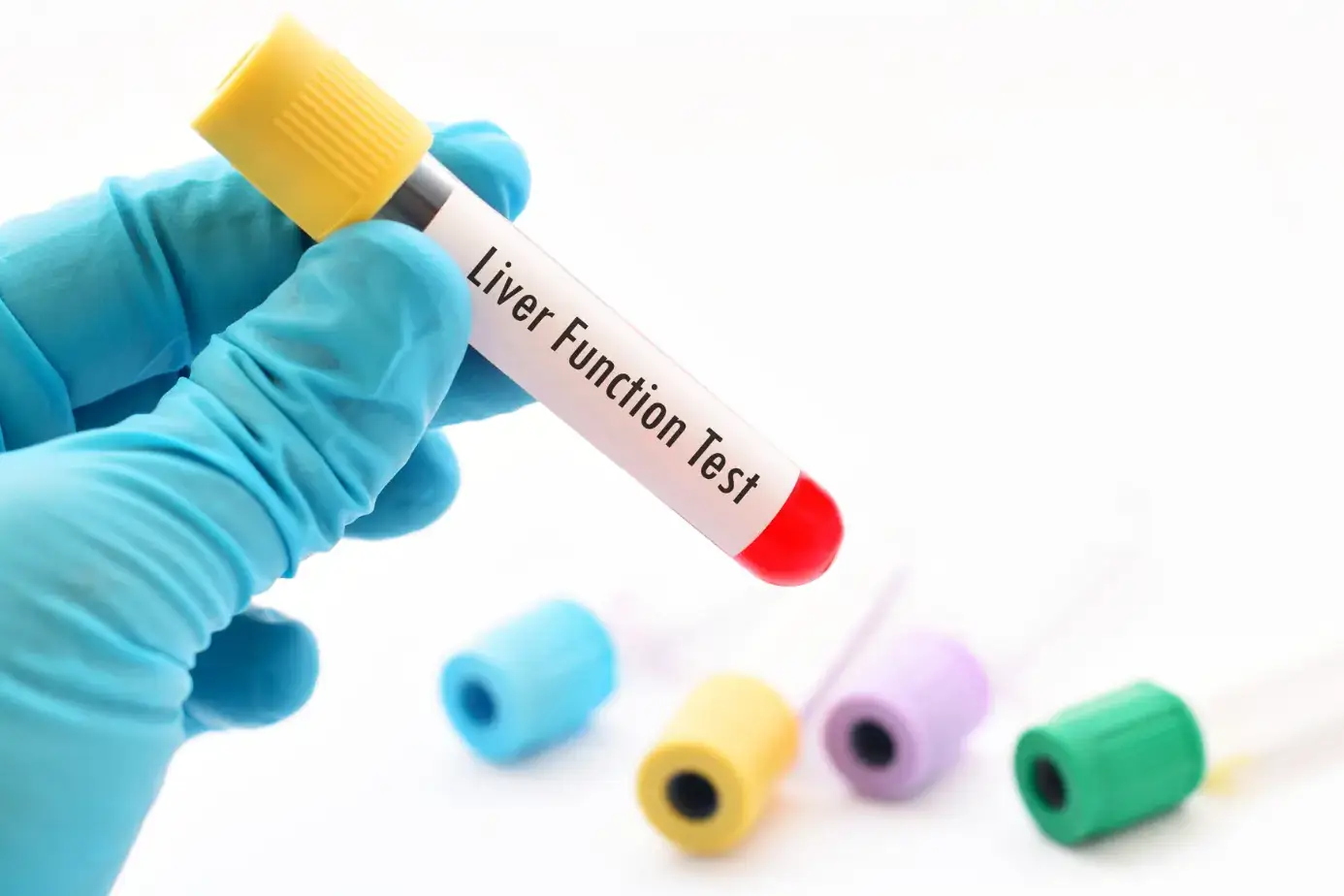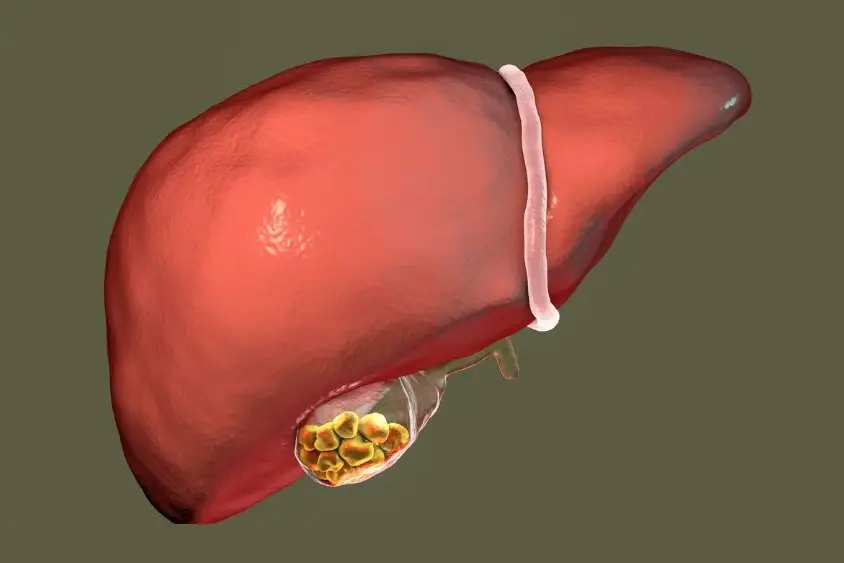Beyond Embarrassment: What Is Flatulence and How It Affects You
Let’s be honest, passing gas might not be the most glamorous topic, but it’s something we all deal with. While occasional gas is completely normal, excessive flatulence can be uncomfortable, embarrassing, and sometimes even a signal of something more serious going on in your digestive system.
Table of Contents
ToggleAs a gastroenterologist in Delhi , I often see patients who are unsure whether their symptoms are something to worry about or just a natural part of digestion. In this article, let’s break down what is flatulence , its causes, symptoms, and what you can do to feel better.
What Is Flatulence?

Flatulence refers to the release of gas from the digestive tract through the rectum. This gas is made up of substances like nitrogen, carbon dioxide, methane, and hydrogen—byproducts of digestion and swallowed air.
While everyone passes gas several times a day, excessive flatulence (more than 20 times daily) can interfere with daily life and might indicate issues like food intolerances or digestive disorders.
Learn more about other digestive conditions we treat at our practice.
Common Causes of Flatulence
Gas builds up in your digestive tract mainly due to two reasons:
- Swallowing Air – Eating too fast, chewing gum, or drinking through a straw can cause you to swallow air.
- Digestive Breakdown – When certain foods aren’t fully digested, bacteria in your gut break them down, producing gas.
Foods That Commonly Cause Gas
If you’re wondering what triggers your gas, take a look at your diet. These foods are known culprits:
- Legumes – Beans, peas, lentils
- Cruciferous veggies – Broccoli, cauliflower, cabbage
- Dairy – Especially if you’re lactose intolerant
- Fizzy drinks – Carbonated beverages introduce extra air
- High-fiber foods – Oats, bran, apples
- Sugar substitutes – Sorbitol and xylitol found in sugar-free products
That said, these are nutritious foods. The goal isn’t to avoid them completely—but to monitor what affects you most and make smart dietary choices.
Symptoms of Flatulence
Common flatulence symptoms include:
- Frequent passing of gas
- Abdominal bloating or discomfort
- Cramping or sharp abdominal pain
- A feeling of fullness or tightness
- Audible gurgling in your stomach
If you experience these symptoms often, it may be time to consider lifestyle or dietary changes—or talk to a doctor.
Experiencing discomfort with bloating? Check our detailed post on abdominal bloating and how to manage it .
Health Conditions Linked to Flatulence
Excess gas can sometimes be linked to underlying digestive issues, such as:
- Irritable Bowel Syndrome (IBS)
- Lactose Intolerance
- Small Intestinal Bacterial Overgrowth (SIBO)
- Celiac Disease
- Constipation
If gas is accompanied by weight loss, fatigue, or changes in bowel habits, please seek medical advice.
How to Treat Flatulence
1. Dietary Changes
- Reduce intake of gas-forming foods
- Opt for lactose-free dairy alternatives
- Stay well-hydrated
- Add digestion-friendly foods like banana, ginger, and fennel
2. Over-the-Counter Remedies
- Simethicone (Gas-X) – Breaks up gas bubbles
- Activated charcoal – May reduce odor and discomfort
- Digestive enzymes like Beano – Help with complex carbs
Learn more about effective treatments under our gastrointestinal care services .
3. Lifestyle Modifications
- Eat slowly and chew thoroughly
- Avoid gum and straws
- Incorporate light physical activity post-meals
When Should You See a Doctor?
Flatulence is usually harmless. But see your doctor if you notice:
- Sudden or severe abdominal pain
- Blood in stool
- Ongoing bloating or weight loss
- Vomiting or nausea
- Changes in bowel movements
These could be signs of more serious gastrointestinal conditions that require professional evaluation.
Preventing Flatulence: Simple Tips
- Chew food slowly to reduce swallowed air
- Eat smaller meals more frequently
- Limit carbonated drinks
- Incorporate probiotics like yogurt and kefir
- Keep a food diary to identify personal triggers
Common Myths About Flatulence
Myth: Only unhealthy foods cause gas
Fact: Even healthy foods like beans and cabbage can cause gas due to how they’re digested.
Myth: Passing gas is always a sign of illness
Fact: It’s a normal digestive process. But excessive or smelly gas may need attention.
Myth: High-fiber foods should be avoided
Fact: Fiber is essential. It’s about finding the right balance for your system.
Final Thoughts from Dr. Nivedita Pandey
Gas happens—literally! But when it becomes excessive or uncomfortable, it’s time to look at what’s going on inside your gut. If you’re constantly asking “what is flatulence and how do I get rid of it?” , the good news is that it’s often manageable through simple dietary and lifestyle adjustments.
For persistent symptoms, don’t hesitate to consult a specialist in digestive disorders . With the right approach, you can improve your digestive comfort and feel more confident every day.
Related Reads:
About The Author

Medically reviewed by Dr. Nivedita Pandey, MD, DM (Gastroenterology)
Dr. Nivedita Pandey is a U.S.-trained gastroenterologist and hepatologist with extensive experience in diagnosing and treating liver diseases and gastrointestinal disorders. She specializes in liver enzyme abnormalities, fatty liver disease, hepatitis, cirrhosis, and digestive health.
All content is reviewed for medical accuracy and aligned with current clinical guidelines.





